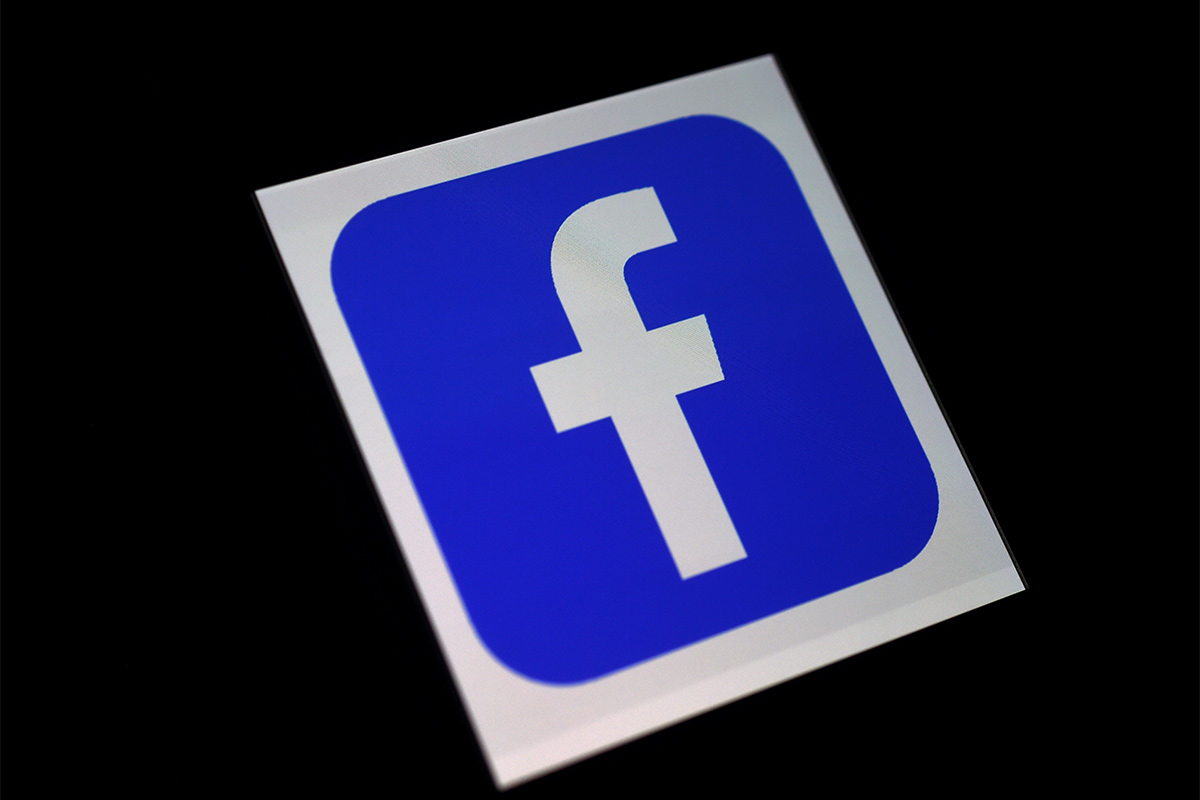The Trump administration on Thursday sued Facebook, accusing it of discriminating against American workers by favoring immigrant applicants for thousands of high-paying jobs.
The Department of Justice’s lawsuit opens a new front in the administration’s push against tech companies — and in its clampdown on immigration — as President Donald Trump enters his final weeks in office.
Advertisement
The suit concerns more than 2,600 positions with an average salary of some $156,000, offered from January 2018 to September 2019.
“Facebook engaged in intentional and widespread violations of the law, by setting aside positions for temporary visa holders instead of considering interested and qualified US workers,” assistant attorney general Eric Dreiband, of the Justice Department’s Civil Rights Division, said in a statement outlining the department’s allegations.
The internet giant reserved positions for candidates with H1-B “skilled worker” visas or other temporary work visas, the department said.
Facebook “channeled” jobs to visa holders by avoiding advertising on its careers website, accepting only physically mailed applications for some posts, or refusing to consider US workers at all, according to the suit.
The unusual move to file a lawsuit — with the Justice Department pivoting suddenly away from simply discussing their concerns with Facebook — could be seen as a rush to hit the courts before Trump leaves the White House in January.
The California-based social network planned to continue cooperating with the department as the case plays out.
Restrictions rejected
The lawsuit was filed just two days after a US federal judge blocked rule changes ordered by Trump that made it harder for people outside the country to get skilled-worker visas.
The US Chamber of Commerce, the Bay Area Council in Facebook’s home state of California and others had sued the Department of Homeland Security arguing that the changes rushed new restrictions through without a proper public review process.
Skilled-worker visas are precious to Silicon Valley tech firms hungry for engineers and other highly-trained talent, with Asia home to many keenly sought workers.
US District Court Judge Jeffrey White granted a motion to set aside two rules by the Departments of Labor and Homeland Security that would have compelled companies to pay H1-B visa workers higher wages and restricted job types that qualify for the visas.
The Trump administration had cited the Covid-19 pandemic and its toll on the economy as reasons for skipping the required public notice and review processes for their new rules, according to court documents.
But White said in his ruling that the administration did not demonstrate “that the impact of the Covid-19 pandemic on domestic unemployment justified dispensing with the due deliberation that normally accompanies” making changes to the H-1B visa program.
Animosity toward immigration has been a hallmark of the Trump administration.
Facebook uses hiring practices standard in Silicon Valley, and US prosecutors were also eyeing other tech firms regarding H1-B visas employment, according to a person familiar with the matter.
Antitrust as well?
On another legal front, federal regulators and US states are poised to hit Facebook with antitrust cases, US media reported Thursday, amid concerns that its practice of buying up rivals has harmed competition.
The company said earlier this year its executives were fielding questions from the US Federal Trade Commission (FTC) on an antitrust fact-finding mission.
The FTC declined to comment Thursday on reports in multiple US outlets including The New York Times and Washington Post that it is likely to file an antitrust suit against the social media giant.
An FTC review of acquisitions dating back to 2010 could potentially “unwind” some of the company’s deals.
Facebook is the leading internet social network, reaching close to three billion people worldwide with its core platform, along with Instagram and messaging services WhatsApp and Messenger.
An estimated seven in 10 US adults use Facebook, and its reach allows it to play an outsized role in digital advertising and news delivery.
That influence means the network regularly faces complaints over its handling of political misinformation and hate speech.











